 An Ontario group recently looked at market factors shaping the domestic plastics recycling industry in 2017, and it offered predictions about where things are headed.
An Ontario group recently looked at market factors shaping the domestic plastics recycling industry in 2017, and it offered predictions about where things are headed.

 An Ontario group recently looked at market factors shaping the domestic plastics recycling industry in 2017, and it offered predictions about where things are headed.
An Ontario group recently looked at market factors shaping the domestic plastics recycling industry in 2017, and it offered predictions about where things are headed.
 Opinions vary widely on the best tactic to record a program’s diversion progress. An expert recommends returning to the basics with a relatively simple calculation that shows areas for improvement.
Opinions vary widely on the best tactic to record a program’s diversion progress. An expert recommends returning to the basics with a relatively simple calculation that shows areas for improvement.
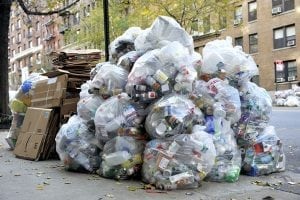 In certain circumstances, having households bag recyclables and leave them at the curb might be a better option than using carts or bins.
In certain circumstances, having households bag recyclables and leave them at the curb might be a better option than using carts or bins.
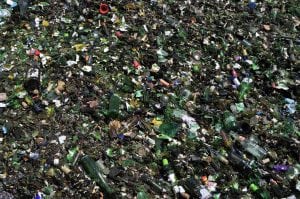 Ontario’s Niagara Region sells its recycled glass for use as sandblast media, but what happens if that market slows? An initiative aims to develop a new market for the post-consumer material.
Ontario’s Niagara Region sells its recycled glass for use as sandblast media, but what happens if that market slows? An initiative aims to develop a new market for the post-consumer material.
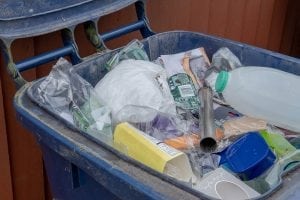 MRFF has found a MRF.
MRFF has found a MRF.
The Materials Recovery for the Future (MRFF) project will partner with a Pennsylvania sorting facility to generate bales of flexible plastic packaging (FPP). Continue Reading
 Two public agencies recently analyzed two key recycling challenges: end markets for glass and multi-family recycling collection. Although the agencies looked at specific regions, their findings are applicable to the wider recycling industry.
Two public agencies recently analyzed two key recycling challenges: end markets for glass and multi-family recycling collection. Although the agencies looked at specific regions, their findings are applicable to the wider recycling industry.
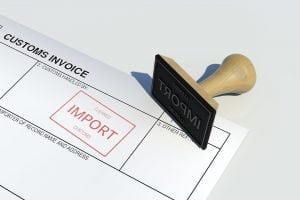 The U.S. will enact tariffs on $50 billion worth of Chinese products beginning July 6. Vowing retaliation, China released its own list of U.S. products to target in July.
The U.S. will enact tariffs on $50 billion worth of Chinese products beginning July 6. Vowing retaliation, China released its own list of U.S. products to target in July.
 The Closed Loop Fund will provide financing to boost production of fiber-based insulated food packaging, with an eye toward reducing the amount of foam polystyrene entering MRFs.
The Closed Loop Fund will provide financing to boost production of fiber-based insulated food packaging, with an eye toward reducing the amount of foam polystyrene entering MRFs.
 Markets for curbside PET and HDPE continue to strengthen, and better prices are starting to be garnered for some recovered fibers. Continue Reading
Markets for curbside PET and HDPE continue to strengthen, and better prices are starting to be garnered for some recovered fibers. Continue Reading
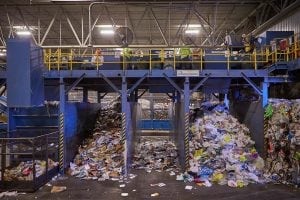 The recycling industry must make large-scale facility investments to adapt to the fast-changing world of materials recovery, according to a longtime MRF consultant.
The recycling industry must make large-scale facility investments to adapt to the fast-changing world of materials recovery, according to a longtime MRF consultant.
